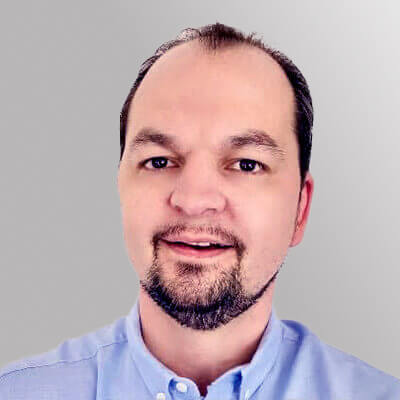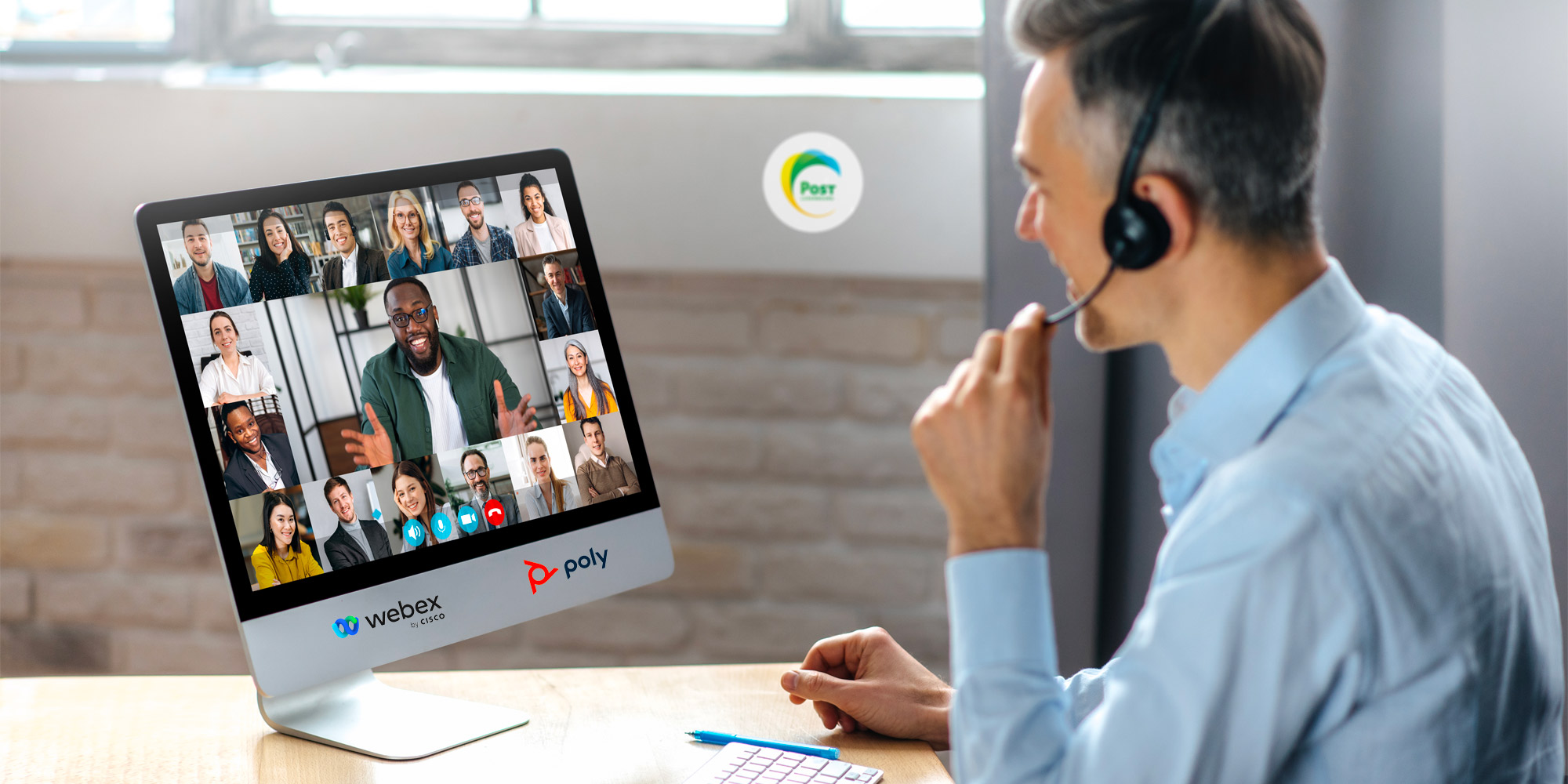Improving remote monitoring and support for patients - DEEP
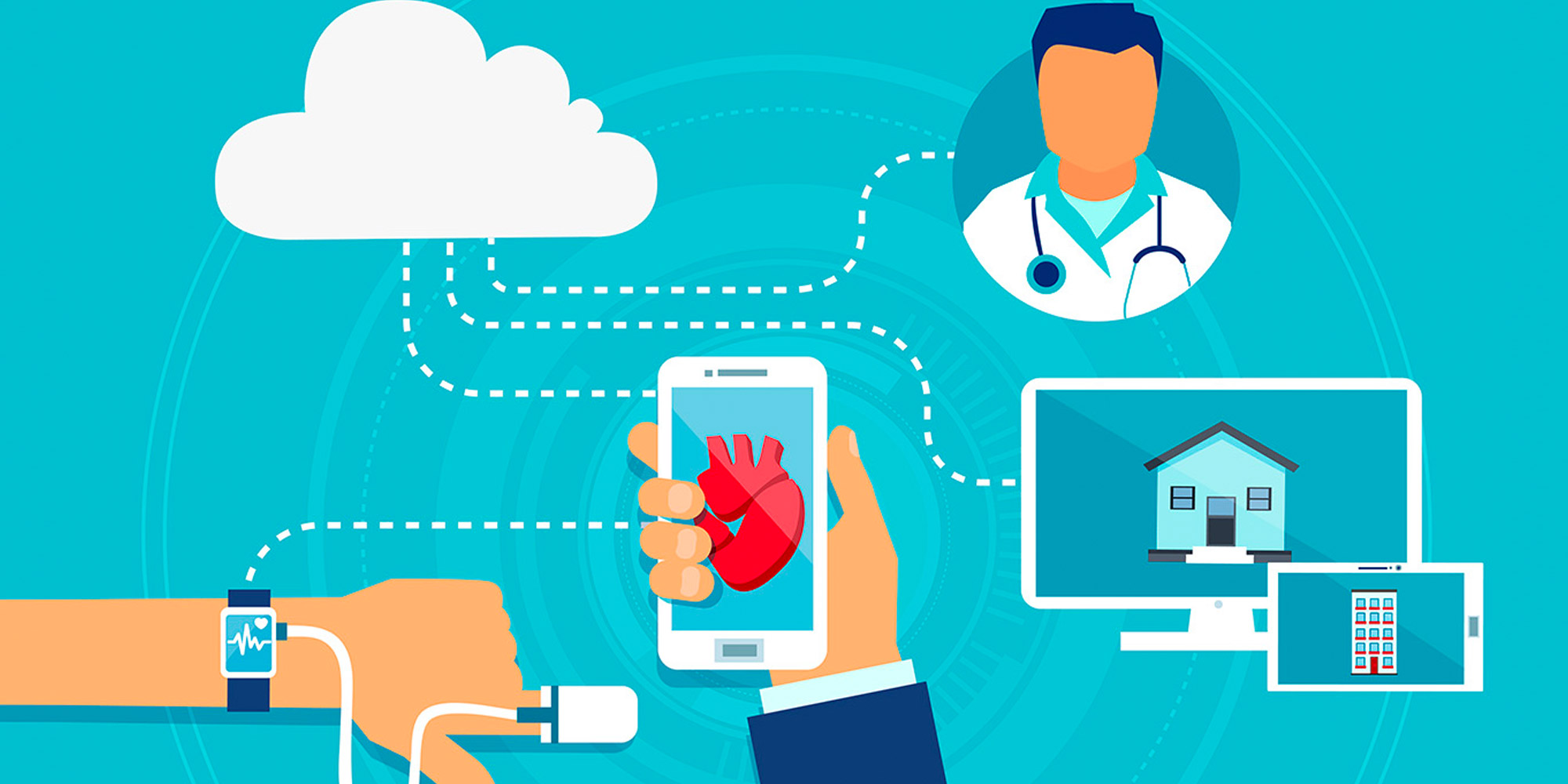
Medical support is changing through mobile connectivity. Smart devices, for example, can be used to develop remote care services. Others allow for better monitoring of patients’ vital signs over the long term to prevent risks, gain a better understanding of individual health issues, and intervene more effectively. Welcome to the telemedicine era.
Behind the concept of telemedicine lies a set of remote medical practices based on information and communication technologies, to put patients in contact with healthcare professionals. The development of the Internet of Things opens up new possibilities in this field. Such changes address many issues in medicine, from better care to more efficient follow-up.
Remote care: a now-common service
For several years now, DEEP has been helping the likes of True-Kare, which provides remote care systems and services. These are intended for isolated, elderly or at-risk individuals. Just by pressing a smart box carried at all times, users can get in touch with the emergency services for a rapid callout. Patients can also be geolocated if necessary.
New applications
Telemedicine applications are increasingly numerous.
For example, COVID-19 led to the widespread use of online appointments. To manage the risk of the virus spreading, patients, GPs and consultants preferred to talk remotely, by video call in particular. When this peculiar period ended, the practice was used to tackle other problems. At a time when medical deserts (regions with inadequate access to doctors) are become regrettably more common, online appointments allow anyone to contact a healthcare processional for help at any time.
Improving patient monitoring
Through monitoring, telemedicine also offers the possibility of improved patient follow-up. Until recently, a diagnosis could be given on the basis of a discussion with a doctor, and certain observations made during a consultation or a spell in hospital.
With remote monitoring and smart devices, a patient’s vital signs can be tracked from a distance, over varying periods. In particular, this can give a better understanding of certain long-term illnesses.
With someone who has diabetes, a heart condition or sleep apnoea, smart devices constantly monitor the level of glucose in the blood, heartbeat or breathing. If there is a problem, the patient can be alerted and take the necessary measures. Smart devices also allow for medical equipment to be activated or monitored remotely, whether it be a pacemaker, respirator or insulin pump, amongst others.
New opportunities
These developments bring many opportunities for automation, helping to safeguard the patient while reducing the constraints of any illness. The development of telemedicine also raises many new prospects. Through ongoing checks and surveillance, online healthcare can mean excellent treatment and more personalised support for patients to be more comfortable and have a better quality of life.
Telemedicine presents many opportunities. The issues surrounding its development are also significant. When we start considering healthcare and patients’ lives, it is important for medical professionals and for the authorities who must oversee these new practices to have every security guarantee regarding service availability and data transfer.
Supporting the development of telemedicine
As an operator, DEEP helps the industry to develop solutions that address these issues, especially through the introduction of smart medical systems.
We can share considerable expertise in the field of smart devices. This is based on robust and cutting-edge connectivity services, a high level of security, and optimal international coverage. Wherever you are in the world, our SIM cards – embedded in medical devices – select and connect to the best available signal.
A single trusted partner
In response to the introduction of new telemedicine services, DEEP can offer industry players a geo-redundant dedicated infrastructure, i.e. one that is separate from conventional traffic. This guarantees service availability and the priority transfer of all sensitive information.
With DEEP, companies also get a single partner through which they can access a wide range of resources facilitating service monitoring and management, as well as 24/7 support. In this way, we can ensure that the – often vital – data on which telemedicine services are based remains permanently available, and accessible only by authorised persons.
Want to find out more? Once again this year, alongside the Grand Duchy of Luxembourg’s Chamber of Commerce, DEEP will be at the Medica Trade Fair, which showcases medical technology in particular, in Düsseldorf from 14 to 17 November. Come and see us.
Contact us
Do you have any questions about an article? Do you need help solving your IT issues?
Contact an expert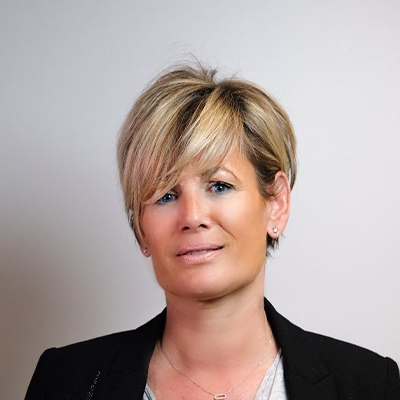


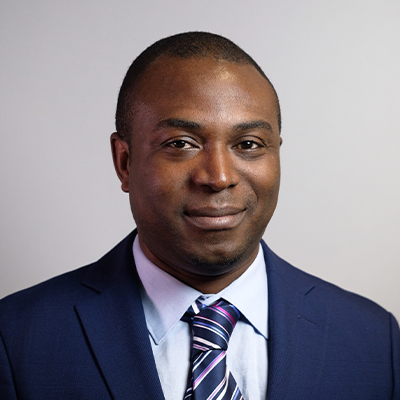




Our experts answer your questions
Do you have any questions about an article? Do you need help solving your IT issues?
Other articles in the category Telecom
Why and how to manage your network?
With the development of hybrid workstyles, it's essential to implement a robust network configuration manager to effectively manage the network and the large number of connected devices. The solution? The Meraki Dashboard!
Published on
14 May 2024
Ten years of easier business telephony management thanks to CloudPBX
. In the world of business telephony, this new product represented a major step forward, allowing for fixed-mobile convergence, offering greater flexibility to employees and making it considerably simpler to manage in-house telephone systems.
Published on
15 September 2023
ConnectedOffice, the business offer for connectivity
DEEP 's ConnectedOffice is an all-in-one offering that addresses the simple to complex connectivity and networking needs of SMEs
Published on
28 February 2023

